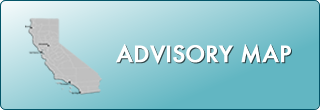Guidelines for eating fish and shellfish
Fish Advisories
Advice for eating fish and shellfish that you catch
Fish Advisory Map
Map of current statewide and site-specific advisories
Benefits and Risks of Eating Fish
Learn about the benefits and risks of eating fish
Domoic Acid
Information on domoic acid (a marine biotoxin) in fish and shellfish
Oil Spills and Seafood
Evaluation of seafood safety following oil spills.
Chemicals in Fish
Sources and health effects of chemicals in the fish we eat
Technical Documents
Fish protocol documents and other resources
Education and Outreach Materials
Helpful links and videos
Translations
Fish advisory information in other languages.

